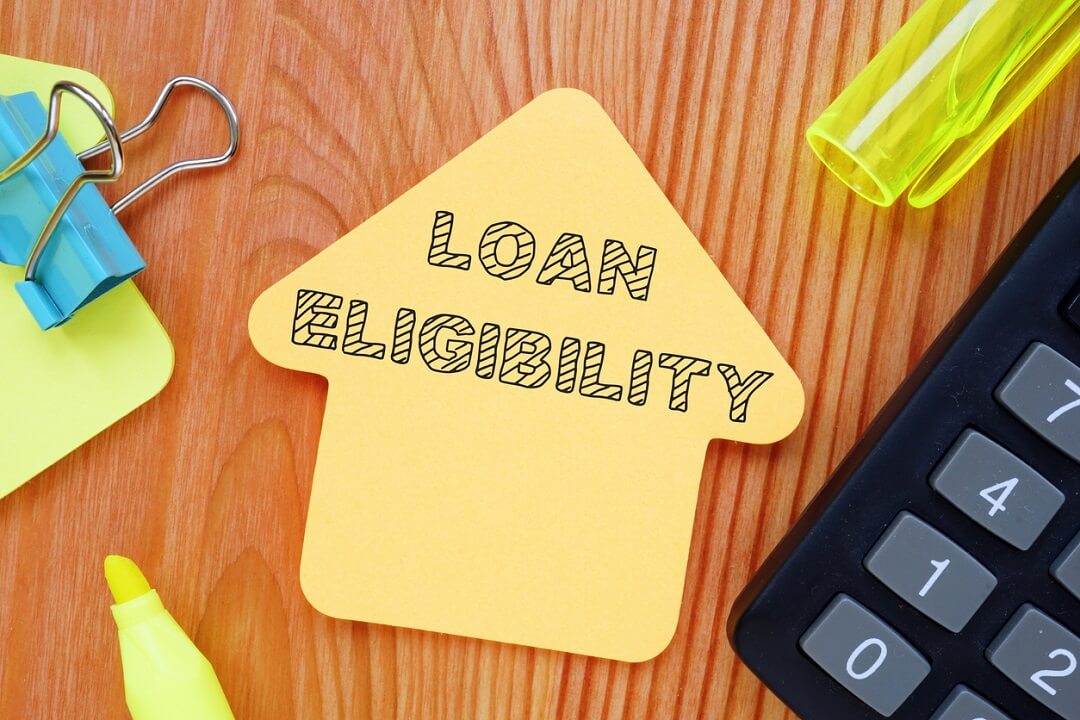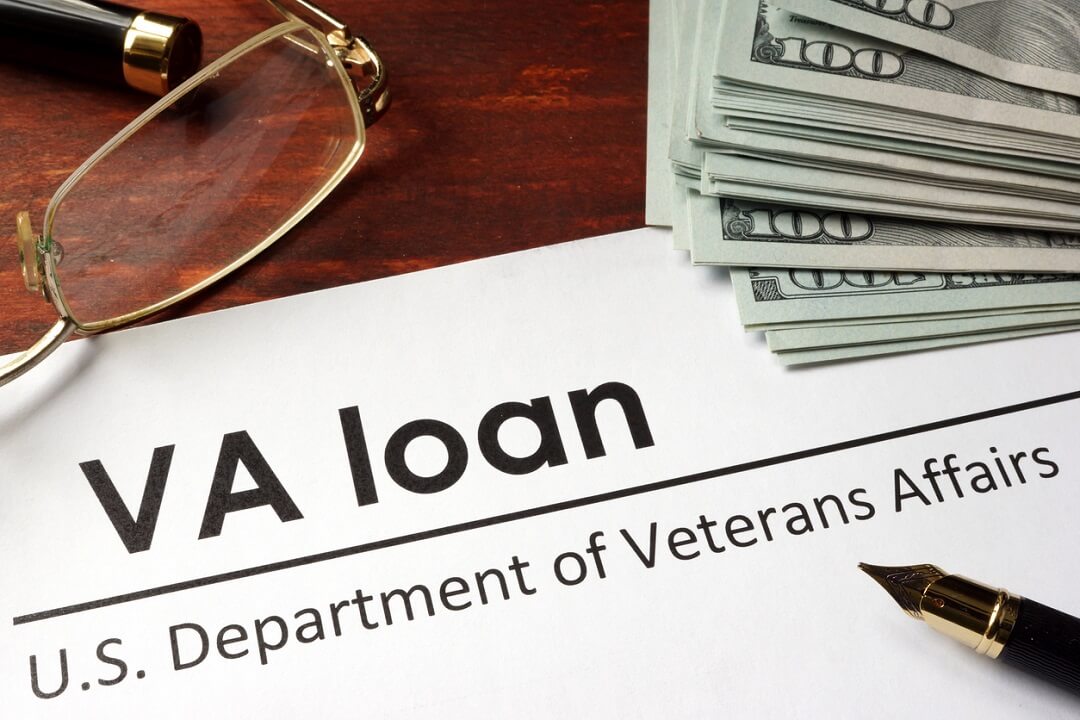A major benefit for service members and their families is the ability to apply for a VA loan. Guaranteed by the government, a VA loan enables service members and veterans to qualify for a low-cost mortgage option, even with less-than-perfect credit. This allows veterans to purchase or refinance a home with more favorable terms.
In this in-depth guide, we will look at the VA loan, the eligibility and requirements necessary to qualify, what loan limits exist, and how to get the most out of your VA loan benefits.
Key takeaways
- VA loans are low-cost mortgage options for service members, veterans, and qualifying spouses, guaranteed by the government.
- They offer benefits such as no down payment, flexible credit guidelines, and lower interest rates compared to conventional loans.
- VA loan eligibility requires meeting specific requirements, obtaining a Certificate of Eligibility (COE), and showing proof of income, employment history, and property residency.
- VA loan limits vary by county, but there are no limits if borrowers have their full VA loan entitlement.
- To apply for a VA loan, obtain a COE, get pre-approved, go house shopping, make an offer, complete inspections, and appraisals, and go through the underwriting and closing process.
What is a VA loan?
Originally part of the Servicemen’s Readjustment Act of 1944, VA-guaranteed loans have evolved over the years through the Veterans Housing Act of 1970, the Veterans Housing Benefits Improvement Act of 1978, and the Veterans Home Loan Program Amendments of 1992, the VA loan program is open to service members, veterans, and qualifying spouses.
A VA loan is a type of mortgage loan that is guaranteed by the U.S. Department of Veterans Affairs (VA) and issued by approved lenders. Because of this guarantee, lenders are able to offer loans that feature no down payments and more flexibility in loan requirements. It is designed to assist active-duty military members, veterans, and eligible surviving spouses in obtaining affordable home financing options.
VA loan vs. conventional loan
Considered the most powerful loan option available to qualified home buyers, the VA loan offers a number of benefits that are not available for buyers through a conventional loan. These can include flexible credit guidelines, no down payment requirement, no required mortgage insurance, and fixed rates much lower than conventional averages.
Types of VA loans
Being qualified for a VA loan opens borrowers up to a variety of different VA home financing options offered through the VA loan program. Different types of VA loans include:
- Home purchase loan
- VA Interest Rate Reduction
- Refinance Loan (IRRRL)
- Cash-out refinance
- Energy-efficient mortgage
- Native American Direct Loan (NADL)
- VA Jumbo loan
- Rate & Term refinance
- Renovation or rehab loan
How does a VA loan work?
VA loans are not offered directly from the government but rather provided by approved lenders. The application process is similar to other mortgage loan options. However, you must meet specific qualifications the U.S. Department of Veterans Affairs sets forth to qualify for a VA loan. When meeting with a mortgage lender, they will help you obtain a Certificate of Eligibility (COE) if you do not already have one. This document shows you meet VA loan qualification requirements and is necessary for VA loan approval.
Pros and cons of a VA loan
While a VA loan offers many benefits, there are better options for borrowers. Here we take a closer look at the pros and cons of a VA loan.
Pros
- No down payment
- No required mortgage insurance
- Qualification flexibility
- Lower interest rates and closing costs
- Flexible refinancing options
- Shorter wait time to purchase after bankruptcy or foreclosure
Cons
- Appraisal and inspection required
- Must meet specific eligibility requirements
- Not available for investment or vacation properties
- Must pay a funding fee at closing equal to 1.25 – 3.3 percent of the loan amount

VA loan eligibility
Not all who served in the Armed Forces are eligible for a VA loan. In order to qualify, you will need to meet specific requirements and be able to obtain a Certificate of Eligibility (COE). In order to qualify, you must meet at least one of the requirements below.
- Served at least 90 consecutive days during active wartime
- Served 181 days of active service during peacetime
- Discharged from active duty due to a service-connected disability
- Have six years of Service in the Selected Reserve or National Guard and were discharged honorably, placed on the retired list, transferred to Standby Reserve, or continue to serve in the Selected Reserve
- You are the surviving spouse of a service member who lost their lives in the line of duty or as the result of a service-connected disability and has not remarried
VA loan requirements
In addition to meeting eligibility requirements, there are additional requirements necessary for VA loan approval. These requirements include:
- Credit score: There is no specific minimum when it comes to VA loans so the credit requirement can vary from lender to lender, with scores of 620 or higher being preferred.
- Income and Employment history: You will be required to show proof of income, employment history, and a debt-to-income (DTI) ratio of ideally 41 percent or lower.
- Property and residency requirements: Properties financed with a VA loan must meet certain standards set by the VA. An inspection and appraisal will be required in order to ensure the property is safe and sound, and meets these requirements. In addition, you will need to show that you intend to occupy this property as your primary residence.
- Funding fee: While VA loans do not require a down payment, they do require a funding fee which varies based on whether or not you are putting money down and if this is your first VA loan. You must be able to show you have the funds to cover this funding fee.
Loan limits for VA loans
If qualified borrowers have their full VA loan entitlement, there are no loan limits in place and they can borrow as much as a lender will offer, all without the need for a down payment. However, if the qualified borrower has an active VA loan or previous foreclosure, they no longer have their full entitlement and are subject to VA loan limits. These loan limits vary by county, with the standard VA loan limit for 2023 being $726,200.
Interest rates for VA loans
In general, VA loans should have lower interest rates than similar conventional loans. However, the Department of Veterans Affairs does not determine mortgage rates but rather leaves that up to approved lenders. Because there are many VA-approved lenders, it may be beneficial to shop around for the lowest offered rates.
How to apply for a VA loan
While applying for a VA loan is similar to applying for any other mortgage, there are some unique aspects you need to consider. This starts with obtaining a Certificate of Eligibility. This COE shows potential lenders that you are qualified for a VA loan and having this COE is necessary before you can continue on the application process. After you have your COE in hand, you can follow the basic steps for a home mortgage application.
- Apply for Pre-approval: Getting a pre-approval allows you to have a clear picture of how much home you can afford and will qualify for.
- Go house shopping: With your pre-approval in hand, you can now begin searching for your dream home.
- Make an offer: When you find the home you like, make an offer. Once the seller accepts the offer, you can draw up a sales contract.
- Submit for an inspection and appraisal: Your lender will schedule an inspection and appraisal in order to meet VA loan requirements.
- Underwriting: Once inspections are complete and your paperwork is all in order, your information goes to the underwriters for final approval.
- Closing Day: Once approved, it is time to sign all the papers and get the keys to your new home.
Tips for maximizing your VA loan benefits
When deciding to buy a home with a VA loan, there are some tips you can follow that will help ensure you are getting the most out of this well-deserved benefit. These tips include:
- Obtain your COE ahead of time: It’s beneficial to obtain your COE early in the process, as it will be required by the lender when applying for the loan. You can apply for your COE through the VA’s eBenefits portal.
- Shop around: Because there is no set interest rate for VA loans, it is beneficial to shop around in order to find the best rate.
- Improve your credit status: While there is no specific credit score requirement for a VA loan, the higher your score, the better chance you have of securing more favorable rates.
- Include a down payment: While a down payment is not required for a VA loan, having a down payment can provide additional benefits, such as a lower funding fee or interest rate.
Helping veterans find their new home
As a veteran or active service member, you have earned the benefits of a VA loan to assist you when it is time to purchase your home. Understanding the VA loan process and what requirements you need to meet will help ensure that you get the most out of your VA loan and benefits.
Let our team guide the way
At Hero Home Programs, our goal is to help all our heroes find and acquire the home of their dreams. We help walk you through the home-buying process, finding you the best rates and benefits you qualify for. Contact us today to learn more about how we can help you get into the home of your dreams.












